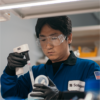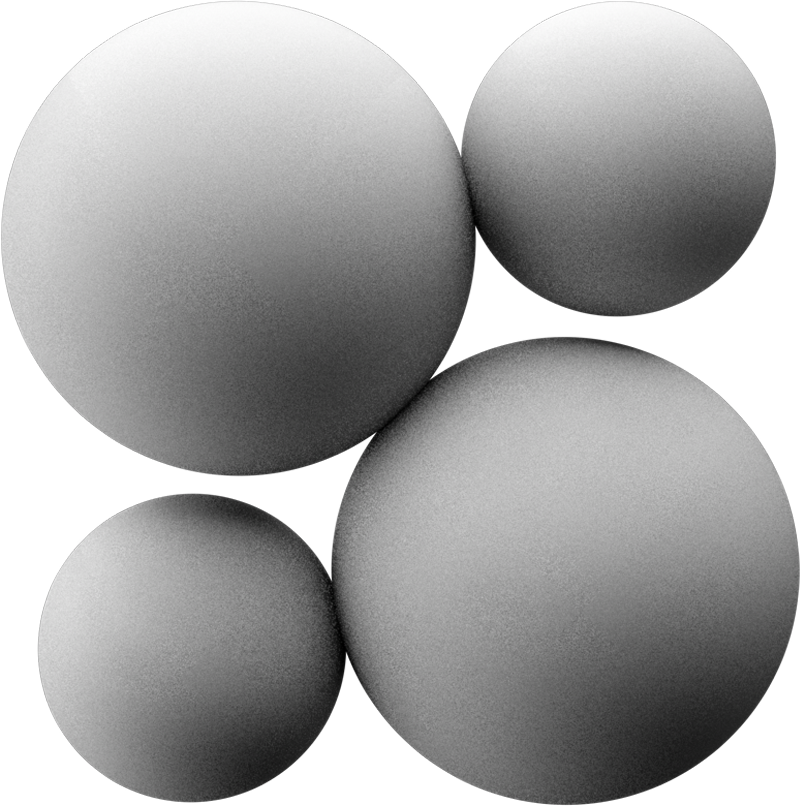CNBC’s annual Disruptor 50 list highlights private companies upending the classic definition of disruption as AI leads new business models beyond the era of better, faster and cheaper innovation.

Over the past century, major chemicals companies like BASF, Dow and LyondellBasell have maximized a global manufacturing process that is derived from fossil fuels. Solugen is on a mission to decarbonize that business model, with a new manufacturing platform that uses engineered enzymes and metal catalysts to convert feedstocks like sugar into chemicals that have historically been made from fossil fuels, including petroleum and natural gas, as well as phosphates, all of which contribute to air, soil and water pollution.
Sparked by a chance medical school poker game conversation in 2016, Solugen evolved from prototype to physical asset in five years, and production hit commercial scale shortly thereafter. It first came onto the radar of many in the market after a September 2021 venture round that raised $357 million, led by Singapore’s sovereign wealth fund GIC, Baillie Gifford and several climate-focused investors.
“Solugen is the first synthetic biology company with a demonstrated ability to scale both their sales and their own manufacturing,” an investor told CNBC at the time of the 2021 deal.
The Bioforge, as its manufacturing platform is known, is designed to minimize the massive environmental toll of traditional chemical manufacturing, and in a perfect world, result in carbon-neutral if not carbon-negative emissions. Bioforge 1, its Houston-based site, is a zero discharge facility without air or wastewater emissions.
Solugen is going after the lucrative market served by the chemicals giants, from energy to agriculture, industrial water treatment, concrete, and personal care products. Recent strategic partnerships it has announced include Sasol Chemicals and ADM.
It isn’t alone in eyeing the big opportunity in what is sometimes referred to as “biomanufacturing,” with former disruptor Ginkgo Bioworks, as well as Amyris and Origin Materials among its competitors. It’s a market where the challenge of scaling can lead to brutal stock market performance, as in the case of Zymergen and Amyris, both of which were delisted in recent years after IPOs – Zymergen was acquired by Ginkgo, which has seen its own share value decline by 90% since its 2021 IPO.
Investors are betting on a Bioforge model that can be replicated around the globe. The company recently broke ground on its second biomanufacturing site, a 500,000-square-foot facility in Marshall, Minnesota.
Its manufacturing approach may also find favor in an era when the U.S. government is hyper-focused on reducing reliance on China, from where many chemicals are imported by the industrial sector. Solugen buys domestic feedstocks.
The company’s origin story is also one that investors hope to replicate as part of funding more market-based climate solutions. San Francisco venture firm Fifty Years, among Solugen’s VC backers, launched a grant-making initiative last year to help scientists take research from the conceptual stage to the product stage, inspired by the Solugen example.
Solugen’s profile was originally published as part of the CNBC Disruptor 50 coverage by CNBC.com staff.







